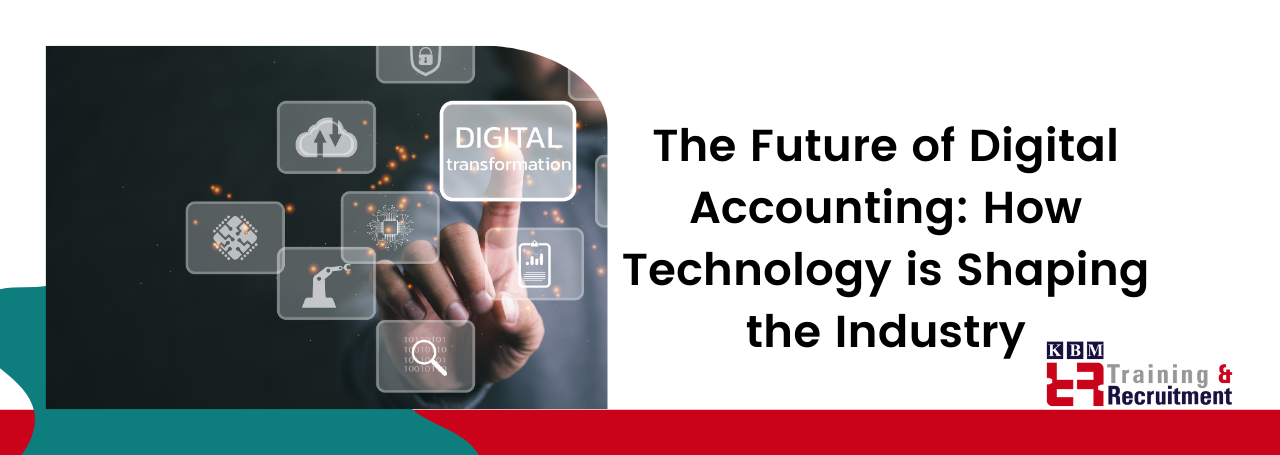The world of accounting is undergoing a radical transformation. Gone are the days of manual bookkeeping and mountains of paperwork. Technology is revolutionizing the industry, making accounting faster, smarter, and more efficient. But what does this mean for accountants and businesses alike? Let’s explore how digital advancements are shaping the future of accounting.
1. Automation: Saving Time and Reducing Errors
Imagine a world where tedious data entry is a thing of the past. Thanks to automation, that world is already here! Cloud-based accounting software and AI-powered tools can handle invoicing, expense tracking, and reconciliation with minimal human input. This not only reduces human error but also frees up accountants to focus on strategic decision-making rather than administrative tasks.
2. Artificial Intelligence and Machine Learning: Smart Accounting Solutions
AI isn’t just for tech giants it’s changing the way accounting works. Machine learning algorithms analyze financial data, identify trends, and even predict cash flow issues before they arise. AI-powered chatbots also assist with customer queries, making financial services more accessible. For accountants, this means shifting from number-crunching to providing data-driven insights and financial advice.
3. Cloud Accounting: Anytime, Anywhere Access
Remember the days when accounting software was installed on a single desktop computer? Those days are long gone. Cloud accounting allows businesses to access their financial data from anywhere, at any time. Whether you’re an accountant working remotely or a business owner checking accounts on the go, cloud platforms provide real-time collaboration and enhanced security for financial data.
4. Blockchain: The Future of Secure Transactions
Blockchain technology isn’t just for cryptocurrencies—it has the potential to revolutionize accounting. By creating a decentralized and tamper-proof ledger, blockchain ensures transaction accuracy and security. This can reduce fraud, streamline audits, and enhance trust between businesses and their stakeholders. While still in its early stages, blockchain’s impact on accounting is expected to grow in the coming years.
5. The Changing Role of Accountants: From Number Crunchers to Advisors
With technology handling repetitive tasks, accountants are evolving into strategic advisors. Instead of just preparing financial statements, they now offer insights on business growth, tax planning, and risk management. This shift means that future accountants need strong analytical skills and technological proficiency alongside traditional accounting expertise.
Final Thoughts
The future of digital accounting is exciting, fast-paced, and full of opportunities. As technology continues to evolve, accountants who embrace these changes will stay ahead of the curve. Whether it’s automation, AI, cloud computing, or blockchain, digital advancements are reshaping the industry for the better. Are you ready for the future of accounting?






















